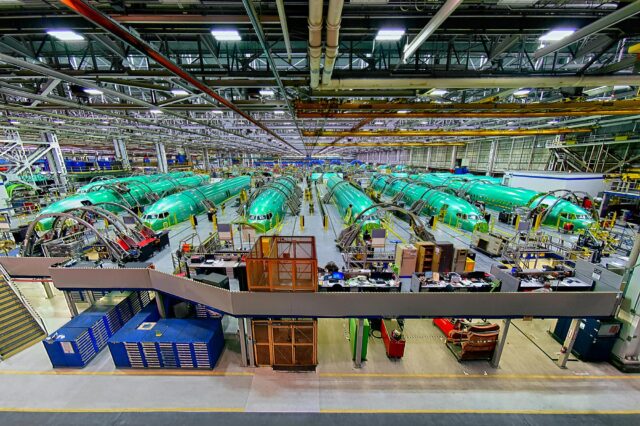Cologne Bonn Airport switches to Neste’s renewable diesel for ground fleet
Cologne Bonn Airport has switched to Neste’s MY Renewable Diesel for its diesel-powered ground fleet.
Neste’s renewable diesel (also known as HVO100) is made from 100% renewable raw materials, and…

Cologne Bonn Airport has switched to Neste’s MY Renewable Diesel for its diesel-powered ground fleet.
Neste’s renewable diesel (also known as HVO100) is made from 100% renewable raw materials, and it is in particular used for powering large and heavy vehicles such as the airport’s fire trucks, which are not easy to electrify.
The switch will save almost 3,000 tons of greenhouse gas emissions (CO2e) annually compared to the use of conventional diesel.
“The use of renewable fuel is another important building block and a very important addition to our concept for climate-friendly mobility,” said Thilo Schmid, CEO of the airport.
“For some vehicles, diesel propulsion is still the necessary standard, e.g. for the very large and heavy vehicles used by the airport’s fire department. For these, Neste MY Renewable Diesel is a solution enabling immediate decarbonisation.”
Cologne Bonn Airport
Cologne Bonn was one of the first German airports to offer Neste MY Sustainable Aviation Fuel to airlines in 2021 enabling them to reduce carbon emissions.
“We are very pleased with Cologne Bonn Airport’s decision to now also use Neste MY Renewable Diesel for all diesel-powered vehicles at the airport in addition to providing Neste’s SAF to airlines as well as cargo and business aviation customers. By providing these renewable products at Cologne Bonn Airport, we at Neste are happy to be able to make a valuable contribution to the airport’s own sustainability goals,” said Peter Zonneveld, vice president sales of Neste’s renewable road transportation business.
Switching the diesel-powered vehicle fleet of the airport from fossil diesel to renewable diesel from Neste did not require any modifications to the existing diesel vehicles.
Neste MY Renewable Diesel has a similar chemical composition to fossil diesel. This means that it is a drop-in replacement for fossil diesel, fully compatible with all diesel engines and current diesel fuel distribution infrastructure.
Photo: Firefighting vehicle at Cologne Bonn. Source: Cologne Bonn Airport
Subscribe to the FINN weekly newsletter
You may also be interested in:
Neste enables Swedish airport and airline to become first to use SAF on all flights
















